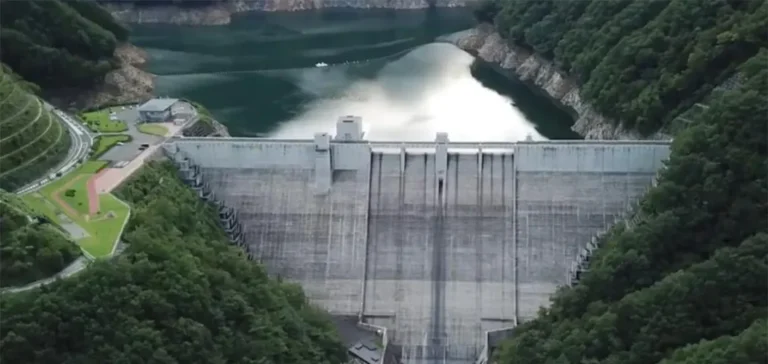Japan’s Ministry of Land, Infrastructure, Transport and Tourism (MLIT) has selected a consortium led by TEPCO Renewable Power as the preferred developer of a hydropower plant at Yunishigawa Dam, located in Nikko City, Tochigi Prefecture. The announcement, made on October 27, marks the launch of the government’s initiative to retrofit existing dams into dual-purpose “hybrid” infrastructure sites.
A broader consortium led by TEPCO
In addition to TEPCO Renewable Power, the group includes NTT Anode Energy, CTI Engineering, Kajima Corporation and Tobishima Corporation. INPEX Corporation, a major energy exploration and production company, is expected to join the project in a later phase. The consortium plans to build a 2.3MW power plant and will soon begin discussions with the ministry regarding cost-sharing and technical arrangements, targeting the start of construction in April 2028. The goal is to achieve commercial operation during fiscal year 2030.
Power sale strategy under review
The consortium has not yet disclosed how the generated electricity will be sold. However, a combination of the feed-in-premium (FIP) scheme and power purchase agreements (PPA) is being considered. The MLIT launched a call for interest in December 2024 and received several competing proposals.
Among the shortlisted groups is a consortium led by Taisei Corporation with Tohoku Sustainable & Renewable Energy, Yachiyo Engineering and JDC Corporation. Another consortium comprising Nishimatsu Construction, ENEX Electric Power and Joetsu Energy Service has also been designated as a backup in case negotiations with the main developer fail.
Hybrid dam programme enters operational phase
The project forms part of the MLIT’s hybrid dam programme, which aims to enhance flood resilience while increasing hydropower output from existing infrastructure. Yunishigawa is the first of three ministry-managed dams to be selected for this model. The next sites identified are Obara Dam in Shimane Prefecture and Nomura Dam in Ehime Prefecture.
Preferred developers for these two projects are expected to be announced in November 2025 and January 2026, in line with the ministry’s stated timeline.






















